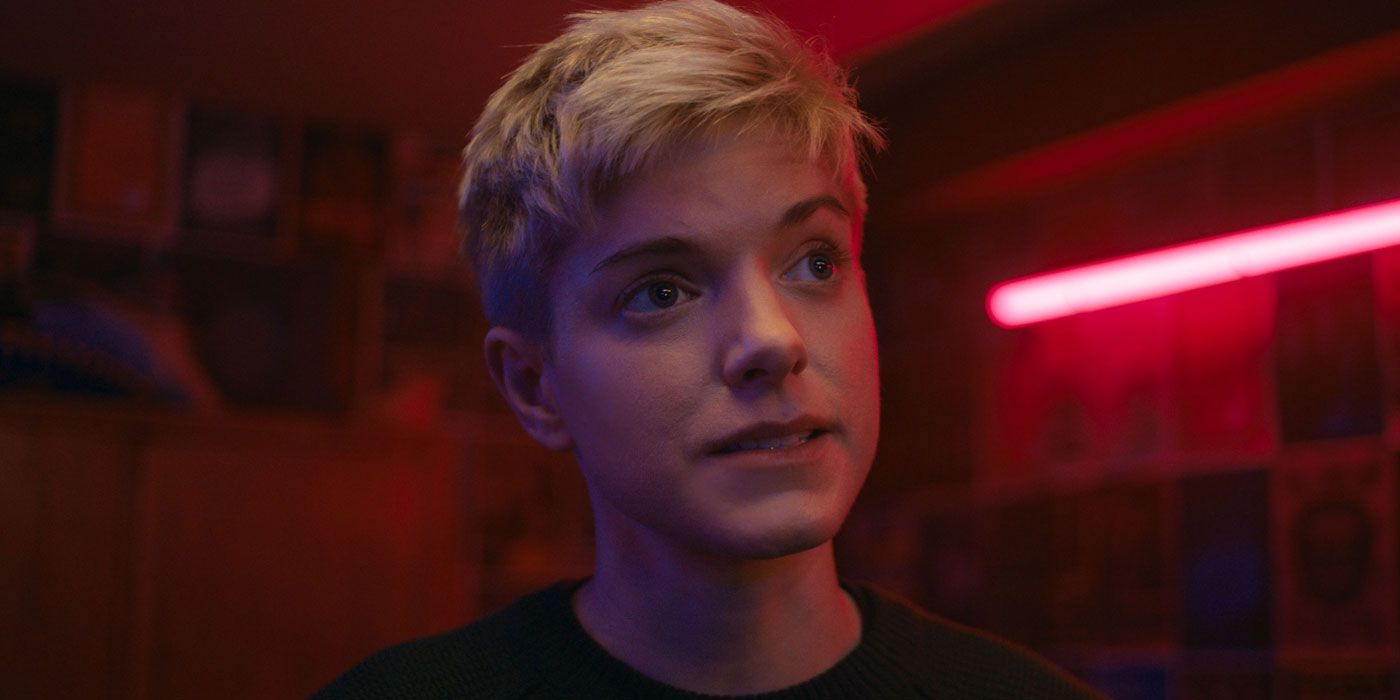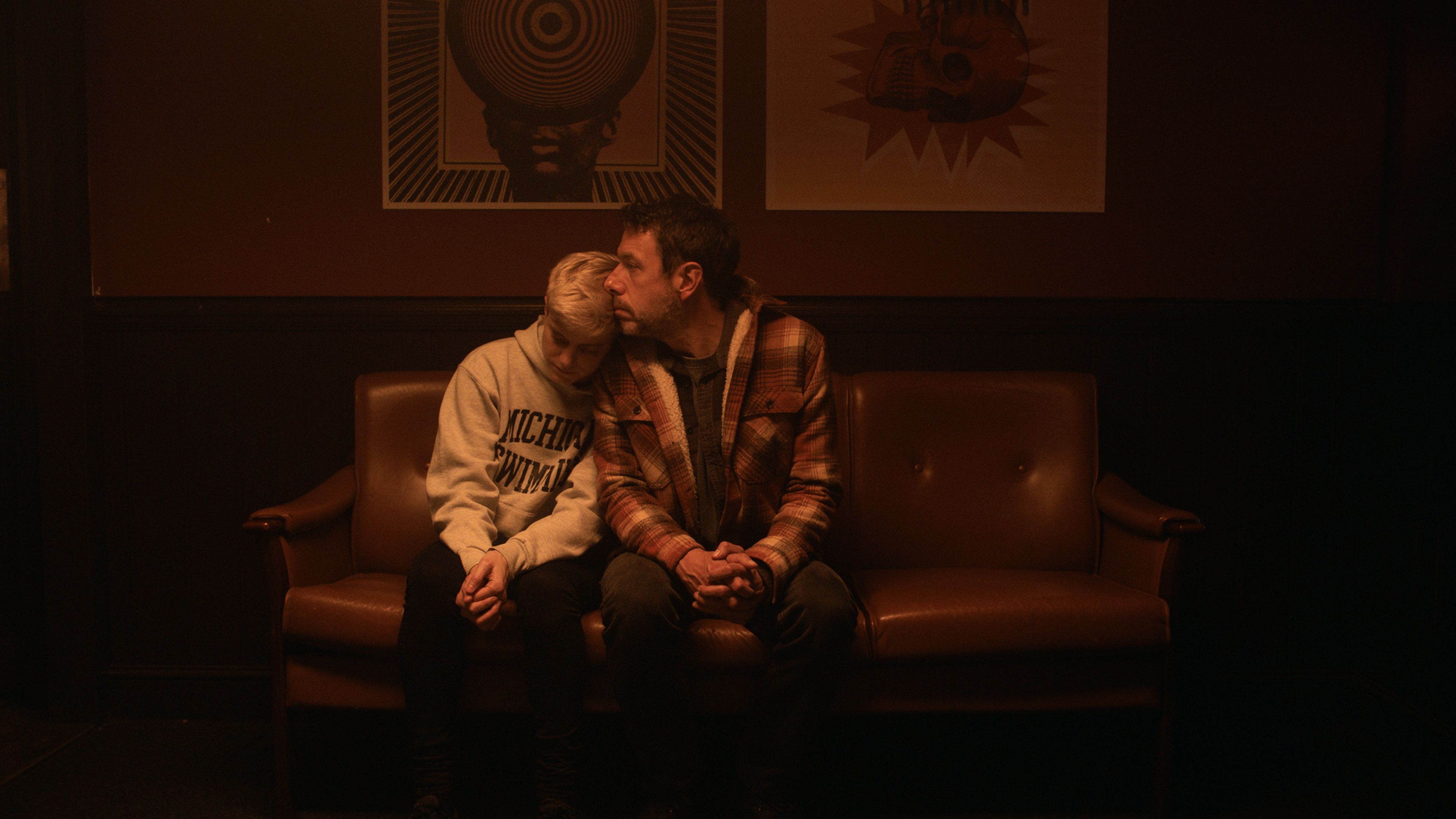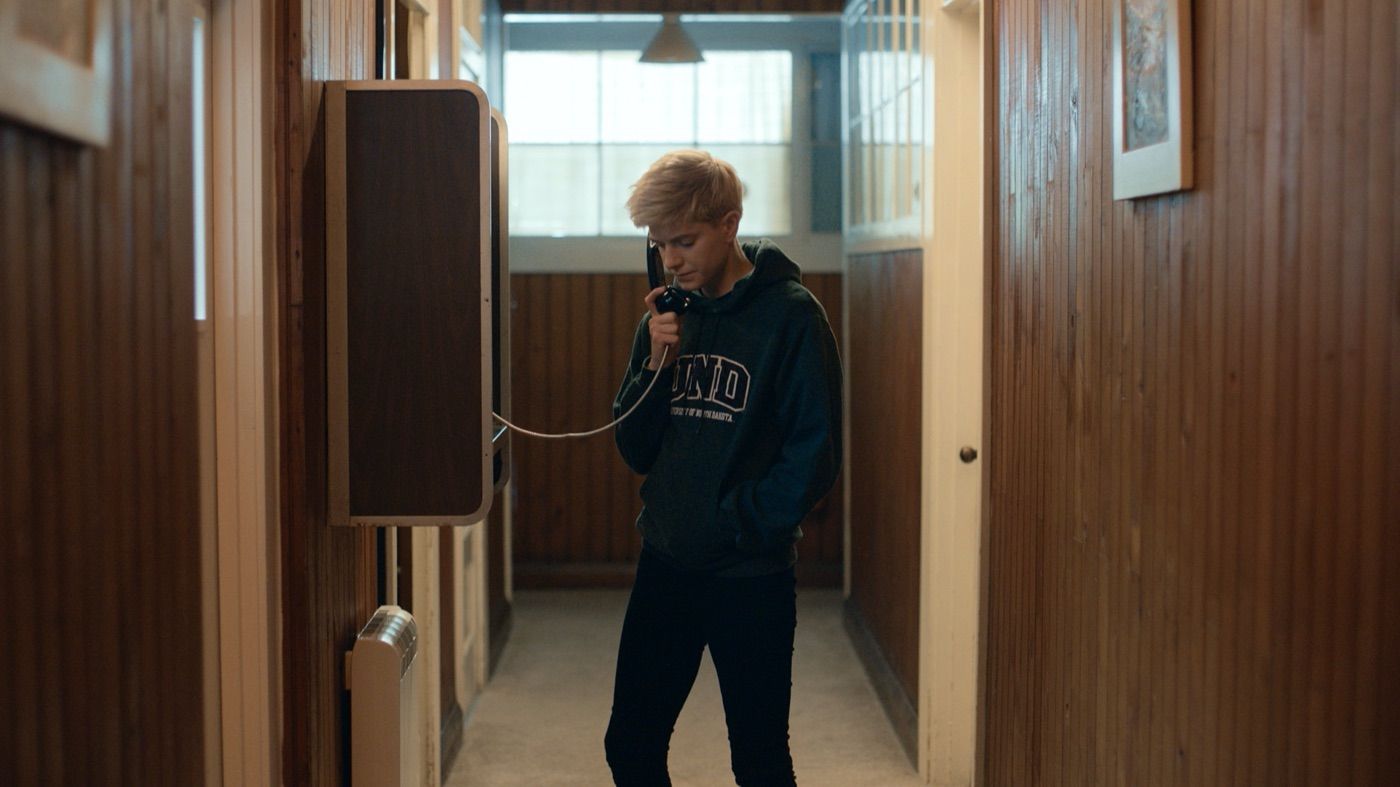[Editor's note: The following contains spoilers through the Season 2 finale of Feel Good.]
Whenever a television show weighs in on a political movement, there is always concern about whether or not it will handle it with the care and nuance the movement deserves. There unfortunately is a very real and disappointing tendency to either warp or lose the message entirely if it's not done right. The Netflix series Feel Good gets it right.
When Season 2 of Feel Good premiered last month, co-creator and star Mae Martin spoke to Collider about the show's take on the #MeToo movement. They specifically discussed the show's exploration of the gray area of "outing people publicly," saying that:
And you know, I think there's a lot of focus right now about sort of outing people publicly, and which of course can be valuable and great, but it doesn't feel good to anyone. And often these are people who, I mean, we know often abusers are people you know and care about and have relationships with. And so there's a lot of messiness and gray area and there's no winners.
In Feel Good, Mae's struggle to make sense of the "gray area" is at the crux of Season 2, as they try to come to terms with their past relationship with Scott (John Ross Bowie), a close friend who took them in when they were a teenager after their parents kicked them out of the house. It is later revealed that Scott is not only Mae's close friend, but also their abuser.
Martin's semi-autobiographical performance as Mae is a compelling balance between comedic and heartbreaking, but it is during the finale's gutting confrontation between Mae and Scott where Martin has their most powerful moments. The conversation is indescribably intimate — so much so that it feels like an intrusion on a private moment we were not meant to see. The conversation reveals that when Scott took Mae in, he fell in love with them. He pursued a relationship, even though they remember telling him, multiple times, that they didn't want it. When Mae asks him what happened afterwards ("You wore me down or what happened then?"), he responds with something unexpected: "Come on. . . We fell in love, I guess."
It's through this storyline — and this scene in particular — that Feel Good takes a bold step toward redefining what it means to heal in the #MeToo era. When Mae approaches Scott and says that they want to talk to him, one of the first things he says to them is, "You gonna get me cancelled?" Within these crucial last few minutes, from the moment Mae enters the comedy club to the moment they drive off with George while Phoebe Bridgers' "Motion Sickness" croons in the background, the show captures what it has been exploring all season: the complicated relationship between self-healing and "calling out."
Feel Good carefully interrogates the rhetoric behind "cancel culture" all throughout Season 2, beginning with Mae's second encounter with Arnie Rivers (Barry Ward), a highly public stand-up comedian who made sexually inappropriate advances toward Mae in Season 1. In Season 2, he invites Mae onto his panel show as an "apology" for his behavior. Mae's publicist Donna (Eleanor Matsuura) — who loves profiting off her clients' trauma — pushes Mae to expose Arnie live on his show. At first, Mae can't wait to get revenge John Wick/Kill Bill style, to finally take action against all that feels wrong in their life, but when the time comes, they have second thoughts. What if they misremembered the encounter? What happens to them afterward if they go through with this?
Right before Mae goes onstage at Arnie's show, Donna tells them that they "owe this to everyone who doesn't have a platform." This is the type of tension that Feel Good seeks to confront: how can one heal while also bearing the enormous responsibility of speaking out on behalf of others? Is publicly outing someone the ultimate act of freedom, or is it a crushing responsibility?
As Martin discussed in June's interview, it isn't that outing an abuser publicly has no value — it's the fact that outing has become the driving focus of the conversation. The #MeToo movement has provided a vital platform for those who have suffered sexual abuse, but as with all sociopolitical movements, its message can become blurry underneath the rhetoric of who "wins" and who "loses."
When Scott asks if Mae is going to "cancel" him, Mae's response reflects the role that cancel culture plays in oversimplifying the #MeToo movement into a winners/losers "revenge fantasy." It is clear from the moment that Mae steps in front of Scott that this is not a public outing on live television, or a viral tweet — it is as they tell him, "a fucking conversation that I want to have with my friend."
Mae's earnest love for Scott, and his for them, doesn't fit the expected "call out" narrative, and nor should it. In Feel Good, healing is about finding what you need, even if that means going against the narrative and telling someone, even when they've done something unspeakable and irreparable, that you love them — before you let them go.
Feel Good Season 2 set out to explore the challenging intricacies of the gray area, to seek out the delicate balance between personal healing — however that may look — and the expectation to use personal trauma as a vehicle for social change. By doing so, the show opens up an important conversation about healing in the #MeToo era, but most importantly, it treats the movement and its message with the immense care and nuance it deserves.
Feel Good is streaming now on Netflix.



